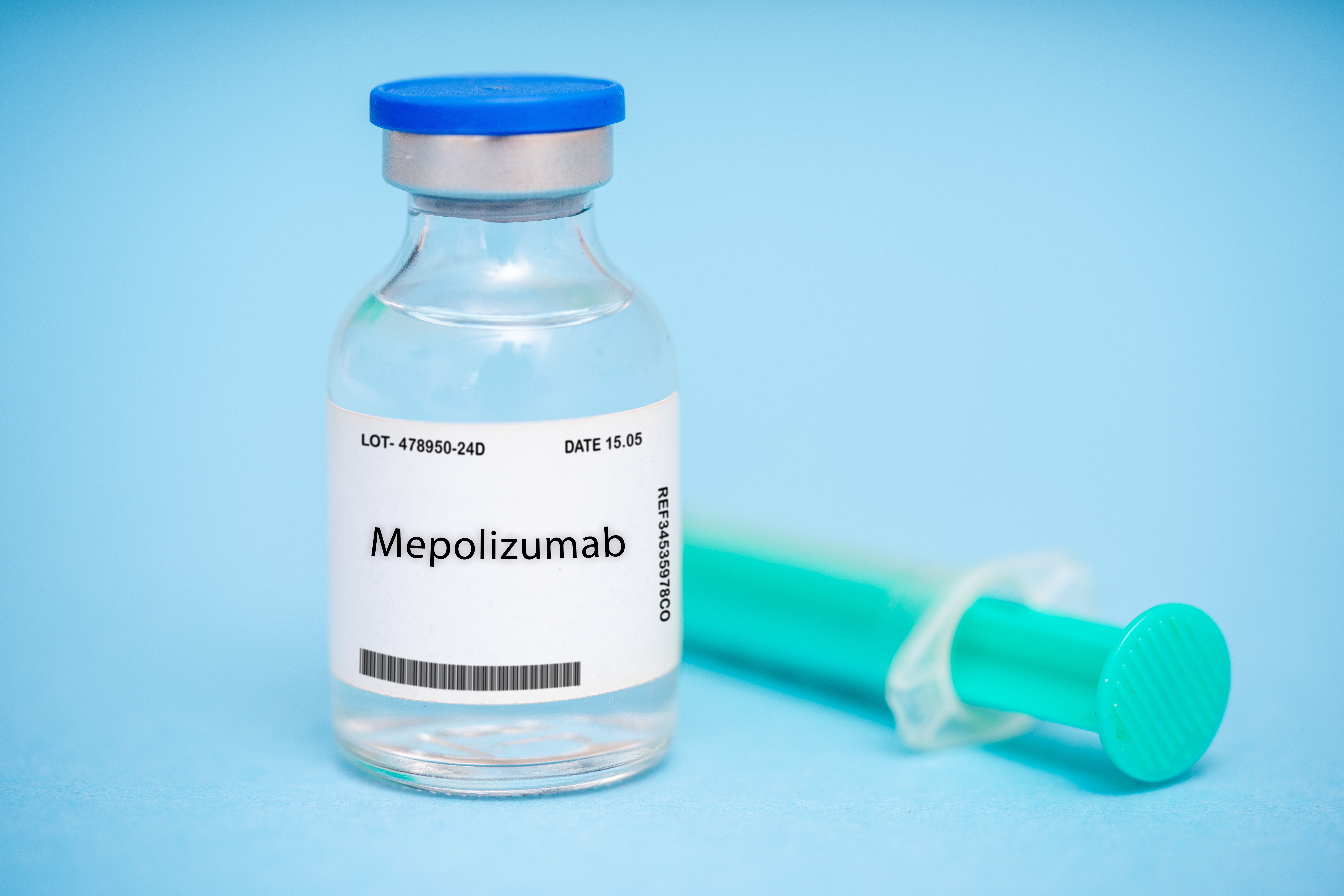Video
Progressive Chronic Fibrosing ILD: Antifibrotic Agents
Shared insight on the FDA-approved antifibrotic medications used to treat chronic fibrosing interstitial lung disease with progressive phenotype.
Transcript
Neil B. Minkoff, MD: We do have an FDA approved treatment option for chronic fibrosing ILD [interstitial lung disease], progressive phenotype. There are the antifibrotic medications pirfenidone and nintedanib. Dr Hummers, can I ask you to speak about the mechanism of action there and your experiences with these medications?
Laura Hummers, MD: Yes, my experience is probably not as long as my pulmonary colleagues. They’ve been using these therapies for IPF [idiopathic pulmonary fibrosis] for much longer than we’ve been using them in rheumatic disease. But these drugs are addressing the common final pathways in terms of what the initial insults to the lung might be, and fibrosis being maybe the end result of some of these initial insults. Both drugs work by impacting mediators of fibrosis, what’s causing the scar tissue formation in the lungs. And both drugs have been shown to slow the progression across some of our interstitial lung diseases. It has been more extensively studied with nintedanib, in terms of across the spectrum of different interstitial lung diseases. Pirfenidone and IPF, there are more data probably to come with pirfenidone because it has been in other clinical trials. For example, there is a trial going on right now with combination CellCept and pirfenidone versus CellCept alone in scleroderma patients with ILD. These drugs are working on later common pathways. But I absolutely agree with the role of immunosuppression in those patients where we think there is an inflammatory component, at least at some stage of the disease.
Neil B. Minkoff, MD: Could you comment on the INBUILD study that came out last year in The New England Journal of Medicine?
Sonye Danoff, MD, PhD: The notion that was unique to the INBUILD study was the idea that, yes, we talk about all these different types of interstitial lung diseases. And there are patients who have rheumatoid arthritis or hypersensitivity pneumonitis where we treat it, and their disease improves or stabilizes. But then there are also a subset of patients within each of these diagnostic categories, where despite doing everything that makes sense, everything that we know should slow or improve their disease, they continue to progress. And we don’t know why that is. We don’t know why some people progress and other people don’t. But the notion was that if we have patients who essentially have progressed despite doing everything that seems reasonable. As Justin has said, finding what the reason is, and then giving them the right therapy, in that case, what would happen if we gave an antifibrotic medication? The data suggested that much like in IPF, that for patients who have this sort of progressive fibrosing phenotype, having been given everything that seemed reasonable, that we can slow the rate of progression of loss of lung function. Similar to IPF, about 50% decrease in the rate of decline of FVC [forced vital capacity]. But it again, it has to be pointed out it was a very selective population where there had been progression of their symptoms, their imaging, their PFTs [pulmonary function tests], despite all of the correct first-line therapies being used. And so it was really a very highly selective population with this, what we call, a progressive fibrosing phenotype.
Justin Michael Oldham, MD, MS: Yes, I thought what was most striking was if you looked at the placebo-treated group, they had just as much loss of lung function over the 1 year as patients with IPF had in the previous antifibrotic trials. These patients really were behaving similarly to IPF. And that’s what you want to see in a trial to determine efficacy, is that this group that you’re saying is like IPF is indeed physiologically like IPF, and that does seem to be the case.
Let me add, that has implications for future clinical trials too because if we know these patients are going to act very similarly to IPF, it increases our pool of patients to find new therapies for.
Neil B. Minkoff, MD: The question I wanted to ask is how is this translated in terms of your personal experience? And what’s the impact that you’ve seen on patients?
Justin Michael Oldham, MD, MS: Again, the results were just released last year. I have put a good number of patients on nintedanib who have had progression over the last 2 years, which was part of the INBUILD inclusion criteria. I don’t know that I have enough longitudinal follow-up to say how it’s truly impacting their physiology at this point. But based on the INBUILD results, I would expect that most of them will probably have less loss of lung function than they otherwise would have. But again, not enough follow-up time at this point.
Sonye Danoff, MD, PhD: I would echo Justin’s comments. Our site participated in the INBUILD study. We enrolled patients into the trial, and now have people in the open-label extension. One of the things that we must not discount is the notion that it gives patients choice. Before, we might have said, “You can stay on your immunosuppressant even though you’re not getting better or you’re getting worse, or we can give you a lung transplant.” This gives us another choice of things that we can offer the patients. And I don’t think we feel that we have a perfect treatment. But it gives us one more option and one more piece in the armamentarium that we can use to hopefully slow the rate of decline in the lung function and potentially hold off lung transplant or give people a better quality of life for a slightly longer period.
Newsletter
Stay ahead of policy, cost, and value—subscribe to AJMC for expert insights at the intersection of clinical care and health economics.





